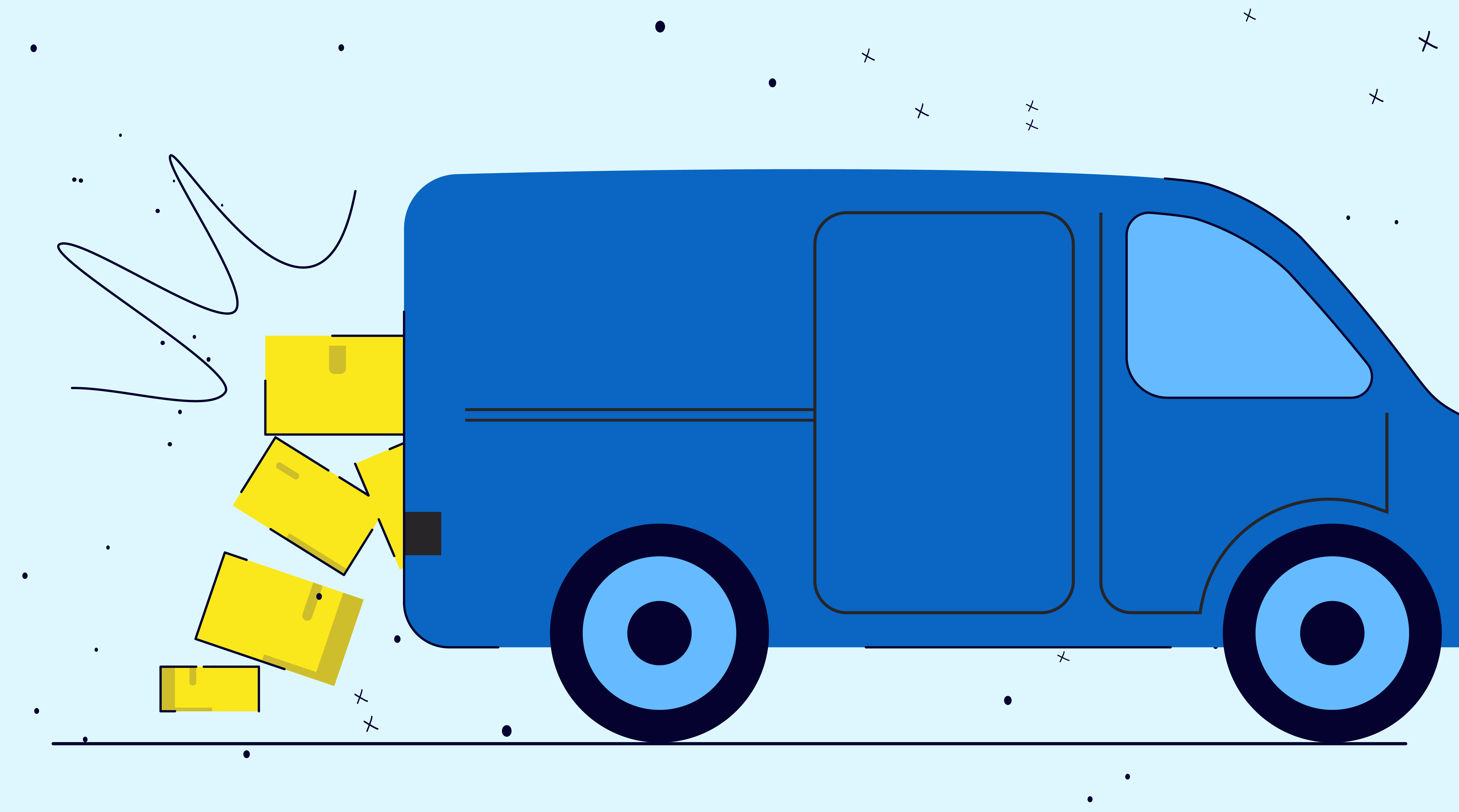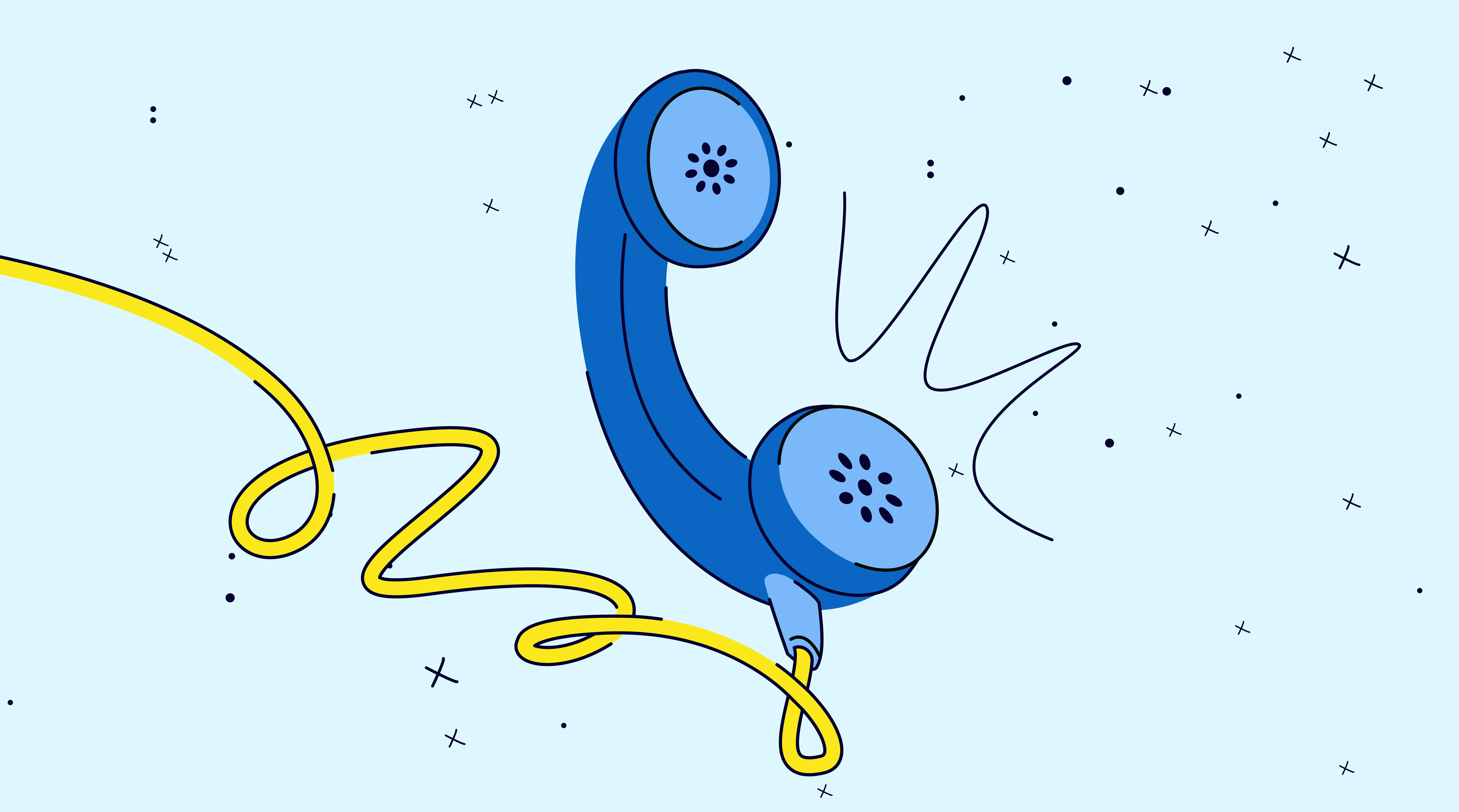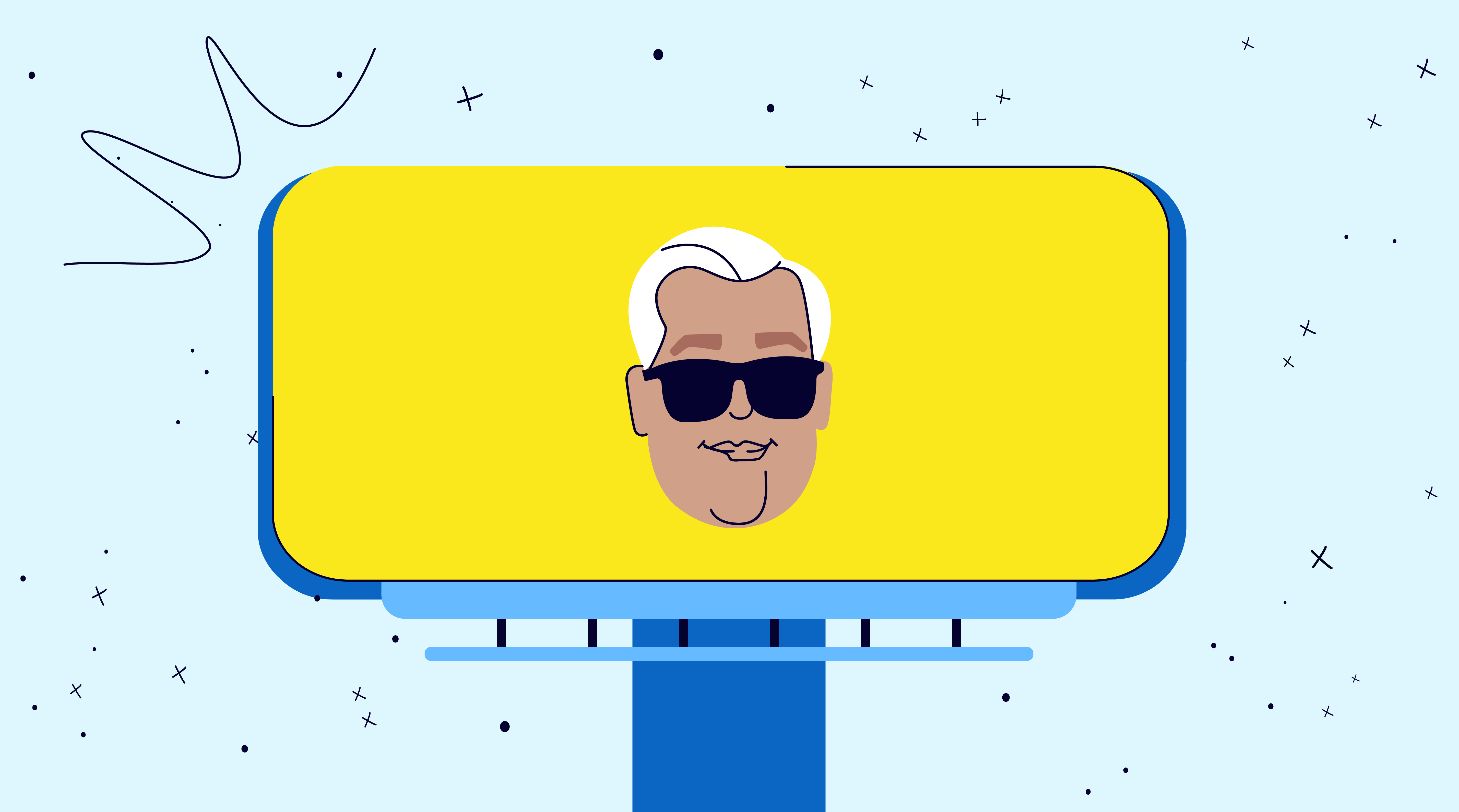The speed and availability of delivery and rideshare services have increased dramatically as providers such as Amazon, DoorDash, and Instacart have exploded in popularity. The sheer number of drivers has led to more drivers causing crashes.
The DoorDash and UberEats drivers who deliver your pizza or Chinese takeout are under mounting pressure to increase delivery and pick-up speeds, compounding the crash volume further. Long delivery times were cited as the leading customer frustration for food delivery services in a Statista report published in 2023. The report also notes that 34% of consumers expect their online food orders to be delivered within 20-40 minutes.
Auto accident cases involving delivery and rideshare drivers present considerable opportunities and challenges. A company like Uber or Lyft typically has a million-dollar commercial policy but employs tactics to shirk responsibility and remove itself from liability.
Our dedicated commercial and catastrophic teams employ several strategies to maximize recoveries for these cases. Here is what we have learned:
Uncover Coverage with Insurance Affidavits
Rideshare and delivery companies often have multiple layers of coverage through different insurance companies. Uncovering these layers of coverage, including excess and umbrella policies, can be difficult. We have learned to file an insurance affidavit early to compel these companies to share all available policies.
Establishing Vicarious Liability
Ride-share and delivery drivers for companies like UberEats, Lyft, or Amazon are typically classified as independent contractors. That doesn’t mean that there isn’t an employer-employee relationship. To establish vicarious liability between a driver and a company, we need to demonstrate how much control the company has over their employee, the driver.
The key is to prove that these companies control or oversee what drivers do daily, hour-to-hour. Even if UberEats or DoorDash drivers are classified as independent contractors, their behavior is influenced by these companies, and they can, therefore, be held accountable.
Algorithmic Control
A recent Gothamist article on New York City delivery drivers notes that the algorithms of apps like DoorDash and UberEats allow companies to manage their relationships with their drivers and maximize productivity by assigning tasks, setting work pace, and using things like surge pricing that impact worker behaviors.
Companies like Amazon collect data on drivers every second of the day, including speed, sudden stops, and exact location tracking. This information allows us to establish vicarious liability on Amazon and get a judgment against Amazon rather than just the driver.
Harmful Practices
A 2024 study in The Journal of Urban Health notes that “work-related factors, such as time pressure, high job demands, piece rate pay, and schedule irregularity increase the risk of occupational injuries by contributing to stress, fatigue, anger, and risk-taking behaviors.”
Hiring Procedures
Companies like Uber claim to conduct background checks, including driving records and drivers' criminal history. Sometimes, you will find that despite their state policy, they have drivers with a history of recklessness - and should never have been hired in the first place.
Capturing Evidence
Moving quickly is essential. With each hour ticking, witnesses become harder to locate, videos get deleted and gouge marks and tire tracks disappear. We found having an investigation team and process ready to be deployed is vital in capturing evidence that can make or break a case.
Take the Big Guy to Trial
Beyond the amount of commercial coverage available, establishing that a rideshare or delivery company is liable is strategically important for a jury trial. Jurors may be worried about the impact of a verdict on an individual driver trying to make ends meet in the gig economy. When large companies like Uber, Lyft, DoorDash, and Amazon are defendants, jurors typically don't have those same concerns. A jury knows they have insurance or assets to cover any verdict that would be awarded.











